Japanese Slaves In Hawaii
The remains of six Japanese soldiers killed during battle on the island of Peleliu in 1944 have been discovered after being sealed in a cave for 70 years.
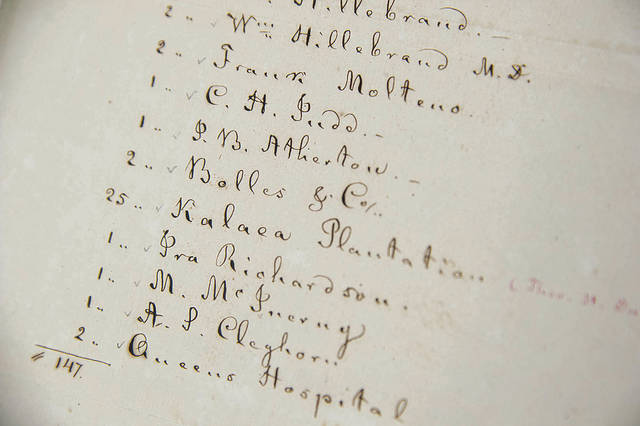
Japanese slaves in hawaii. In early 19 in Hawaii, Japanese sugar cane workers, who made up nearly half. It was the ultimate hippie fantasy. Buddhist temples, martial arts schools, language schools, and the like, and the community as a whole, came under heavy suspicion as the United States entered the war.
Census categorizes mixed-race individuals separately, so the proportion of people with some Japanese. The period between the mid-10s and early 19s witnessed the migration of some 3.7 million Africans, Chinese, Indians, Japanese, Melanesians, and other peoples throughout and beyond the colonial plantation world to work as laborers under long-term written and short-term oral contacts. When Hawaii officially joined the U.S., in 1959, America had finally found paradise.
From dominating the islands a few generations ago, Kaiko and other native now constitute only ten percent of the population in Hawaii, according to U.S. Although the immigration flow stopped, Hawaii's population remained heavily Japanese. Chattel slavery still exists in the world in countries such as Mauritania and Sudan, countries on the continent of Africa.
ThinkTech Hawaii streams live on the In. Fillippo Sassetti saw some Chinese and Japanese slaves in Lisbon among the large slave community in 1578, although most of the slaves were African. In 1850 the Hawaiian government passed a Masters and Servants Law.
The only suriving folk tunes describing life and work among immigrant laborers on Hawai'i's sugar plantations. “The Japanese government is doing their best to erase history,” said Galang. Not only is Tiffany culturally Ja.
Who was the Queen of Hawaii. The first sugar mill was created on the island of Lanaʻi in 1802 by an unidentified Chinese man who returned to China in 1803. When I spoke to the Lolas, they would take my hand and bring it to wounds on their body -- places they were hit by the soldiers or cut by knives, cigarette burns, bumps.
Carter Churchfield of Honolulu Exposed shares his research on prostitution and culture in Hawaii during World War II. For centuries, the island was forbidden to all but about 0 men, who could wade ashore. From time to time, I make My way around the country and the globe to give others the world over the opportunity to serve Me (or follow Me).
For instance, I tell some of my black friends that you will not get the “we went through slavery” sentiments and sympathy here in Hawaii, “you will wait in line just like the Asian, Hawaiian. Some were first-generation Japanese Americans, known as Issei, who had emigrated from Japan and were not eligible for U.S. But no, they were never slaves.
Though mostly blocked by legislation between 1924 and 1965, some Japanese immigration continued through those years. Kamehameha I, original name Paiea, byname Kamehameha the Great, (born November 1758?, Kohala district, Hawaii island—died May 8, 1819, Kailua), Hawaiian conqueror and king who, by 1810, had united all the Hawaiian islands and founded the Kamehameha dynasty, the most-enduring and best-documented line of Hawaiian rulers. Wednesday, May 18, 11.
Studies of this global labor migration over the last forty years have been heavily influenced by Hugh Tinker. It seems that racism in Hawaii is a very touchy subject indeed, and I apologize in advance if you feel my observations are incorrect. That the islands acquired by the United States of America under an Act of Congress entitled "Joint resolution to provide for annexing the Hawaiian Islands to the United States," approved July seventh, eighteen hundred and ninety-eight, shall be known as the Territory of Hawaii.
Japanese Americans comprised 40% of Hawaii’s population when Pearl Harbor was attacked. They now number about 16.7% of the islands' population, according to the 00 U.S. The Japanese community in Hawaii was spared such widespread, wholesale destruction, but roughly 2,000 Japanese in Hawaii, including roughly 700 kibei, were interned.
Hawaii's ethnic diversity makes for a very different society than is seen. Hawaii Is Diverse, But Far From A Racial Paradise The state is known for its "Aloha Spirit" — a diverse mix of friendly people living on an island paradise. Over 4 weeks ago on Meetup4Fun.
Rummel, a professor of political science at the University of Hawaii, estimates that between 1937 and 1945, the Japanese military murdered from nearly 3 to over 10 million people, most likely 6 million Chinese, Koreans, Malaysians, Indonesians, Filipinos and Indochinese, among others, including Western prisoners of war. In Hawaii, Japanese immigrants were members of a majority ethnic group, and held a substantial, if often subordinate, position in the workforce. Of the work force on Hawaiian sugar plantations, struck for a wage increase.
Women and children were targeted in particular to raise new people to be sold into slavery. They lost nearly all their worldly possessions, as well as their claims to land, businesses, and homes, and most West Coast Japanese communities never recovered. Minority in their own kingdom.
I am 27 yo and live in Haiku, Hawaii. Fromthe 10’s, Japanese immigration to Hawaii and the western states made the Japanese one of the largest Asian ethnic groups in the United States. Hawaii’s first known serial killer, the Honolulu Strangler, was responsible for the murders of five women between 1985 and 1986.
Old · Women Seek Men · Haiku, HI. Will slavery be next?. A sailor, Captain John Kidwell, is credited with founding Hawaii’s pineapple industry, importing and testing a number of varieties in the 1800s for commercial crop potential.
Mauritania citizens were kidnapped to be used for slaves. His ancestors were warriors and warrior blood runs still in his veins, although it rarely now breaches the surface. Historians estimate that the Japanese military forced up to 0,000 women to act as prostitutes during World War II.
In 1924, the Federal Immigration Act prohibited all immigration from Japan. It was the Japanese who watched the Puerto Ricans playing the guiro who began calling. The first “comfort stations” were set up in 1932 in barracks around continental China, then being occupied by Japan.
Hugh McBeth, a Los Angeles-based Black attorney and the leader of California's Race Relations Commission, was an outspoken defender of Japanese Americans during the war. Japanese women and women of other occupied territories (such as Taiwan, the Philippines, Indonesia, Burma and the Pacific islands) were also used as comfort women, according to a report by San Francisco State University. Anti-establishment all the way, clothing was optional and decisions were made according to the “vibes”.
The victims ranged in ages between 17 and 36, but all were found with their hands bound, sexually assaulted and strangled. A 16 Global Slavery Index, compiled by the Walk Free Foundation, estimates that 425,500 people live in conditions of modern slavery - including sexual slavery - in Thailand. A dozen years of full-time travel later, I have traveled through and lived in 55+ countries.
Approximately half became farmers, while others went to the coastal urban centers and worked in small commercial establishments, usually for themselves or for other Issei. Industrial sugar production started slowly in Hawaii. The rainbow of cultures its residents.
Let me tell you about a place called Taylor Camp, a tropical ocean-front utopia without rules, politics or bills to pay. I don’t know if the Hawaii I experienced in 07 is the same today. After all, these women were basically sex slaves.
The Japanese in Hawaii (simply Japanese or “Local Japanese”, rarely Kepanī) are the second largest ethnic group in Hawaii.At their height in 19, they constituted 43% of Hawaii's population. In the th century, the country issued reparations for Japanese American internment, Native land seizures, massacres and police brutality. About 0,000 immigrated to Hawaii, then a U.S.
The Japanese were put in internment camps during WWII, and the Chinese were often worked to death (literally)building the railroads. Taylor Camp began in the Spring of. Although the strikers eventually capitulated, the Hawaiian territorial.
Nisei - second generation Japanese born in Hawai'i - continued the push and helped Issei form the first successful unions. Watch the latest news videos and the top news video clips online at ABC News. The first Puerto Rican plantations workers arrived on Hawaii Island in 1901 after a devastating hurricane.
Pearl Harbor was the U.S.' main forward base for the Pacific War. The killer was profiled as an opportunist, attacking vulnerable women – who were, for. These indentured servants signed five-year contracts, and were paid $3 per month plus room and board for a 10-hour day, six days a a week.
Representing over 90% of carpenters and almost all the transportation workers in Hawaii, Japanese labor. Though they had to struggle against European American owners for wages and a decent way of life, Japanese Hawaiians did not have to face the sense of isolation and fear of racial attacks that many Japanese immigrants to the West Coast did. One early Japanese contract laborer in Hilo tried to get the courts to rule that his labor contract should be illegal since he was unwilling to work for Hilo Sugar Company, and such involuntary servitude was supposed to be prohibited by the Hawaiian Constitution, but the court, of course, upheld the Masters and Servant's Act and the harsh labor contracts (Hilo Sugar vs.
The Issei mostly came from the Japanese countryside, and they generally arrived, either in Hawaii or the mainland West Coast, with very little money. The Internment of Japanese Citizens During World War II The decision by President Franklin Roosevelt to round up Japanese citizens and imprison them in camps came just 10 weeks after the bombing of. But, it wasn’t until James Drummond Dole arrived in the islands that the pineapple was transformed from an American symbol of friendship and exotic locales into an.
Okinoshima is a sacred island in the Sea of Japan, shrouded in mystery and strewn with ancient treasures. Hawaii-based James Beard Foundation award winning chef and restaurateur. The fiftieth state -- an archipelago of eight major islands rising from the Pacific -- boasts a tropical climate and idyllic beaches and has long attracted visitors seeking a blissful source of inspiration and wonder.
For workers to be absent from their job without leave, or to go on strike, was made a criminal offence. At the time of the Pearl Harbor attack, approximately 125,000 Japanese Americans lived on the mainland in the United States. Beechert, Professor Emeritus of Labor History, University of Hawaii.
First named Paiea, meaning “Hard-Shelled Crab,” the future sovereign. The Old Sugar Mill, established in 15 by Ladd & Co., is the site of the first sugar plantation.In 16 the first 8,000 pounds (3,600 kg) of sugar and molasses was shipped to the United States. Slave labor is nothing new here, and if the federal charges stick, we will sadly learn that it has not yet been wiped out in “Paradise.” Next year Hawaii will be the scene of another trial, the largest human trafficking trial in US history, potentially involving as many as 600 Thai workers kept in indentured servitude.
A November 1943 article in. In this episode of The Melanated Files (MFiles) we introduce Tiffany, an American citizen who was born and raised in Japan. “They say there is no evidence, but I have heard the evidence, I have touched the evidence.
Of those people, 24.3% were Caucasian, 16.7% were of Japanese descent, 14.1% were of Filipino descent, 6.6% were of Hawaiian descent and 4.7% were of Chinese descent. Unlike the West Coast of the United States in which 100,000 ethnic Japanese citizens were interned, the Japanese American population in Hawaii completely avoided such similar fate, though hundreds of pro-Japan leaders were arrested. Government of the Territory of Hawaii.
Since prostitution was legal in Japan at the time, the first comfort stations were thought to contain volunteer prostitutes meant to keep the troops entertained. One of 12 chef co-founders of the Hawaii Regional Cuisine culinary movement, along with part-Chinese, part-Hawaiian Sam Choy. Contract Laborers Emancipated Fifty years ago today, when the Republic of Hawaii was annexed to the United States as a territory, the Hawaiian sugar planters never imagined that the "docile" and “obedient” Japanese laborers would revolt against them to secure their freedom.
Slavery in the new world from Africa to the Americas. Bushi is the Japanese word for melody and holehole is the Hawaiian word for the work of stripping the dried sugarcane leaves from the stalks at harvest. Japanese contract laborers in Honolulu, circa 19, on their way from Japan to a sugar plantation on Hawaii Island.
Kim Bok-dong, left, and Gil Won-ok, former wartime sex slaves, at a demonstration in front of the Japanese Embassy in Seoul, South Korea, in 16. The African slave trade began in the 10s. I am 29 yo and live in Honolulu, Hawaii.
Nothing more, nothing less. Some Korean slaves in Japan who had been among the thousands of prisoners of war taken during the Japanese invasions of Korea (1592–98) were bought by the Portuguese and taken to Portugal. I update My calendar on a regular basis so do check back every so often to see if I will be in your city in the near future.
Japanese Americans completely integrated and became very successful in government, business, the sciences, and.

Migrants Subjects Citizens Comparative Perspectives On Nationality In The Prewar Japanese Empire The Asia Pacific Journal Japan Focus

Remembering A Date Which Will Live In Infamy Pieces Of History
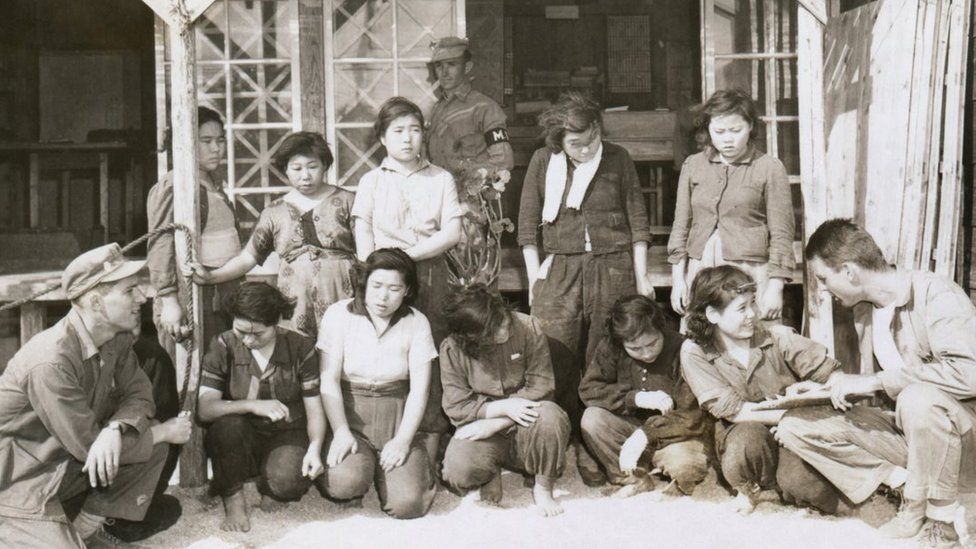
Tokyo Why Some People Want The Rising Sun Flag Banned c News
Japanese Slaves In Hawaii のギャラリー

Sugar Cane Production Nvl

Pacific Pioneers Japanese Journeys To America And Hawaii 1850 80 Asian American Experience Van Sant John E Amazon Com Books
Www Jstor Org Stable Pdf Pdf

Opinion Want To Be Less Racist Move To Hawaii The New York Times

Hawaii Immigration To The United States

Remembering The Chinese Plantation Workers Hawaii S First Foreign Contract Laborers Khon2

Opinion Want To Be Less Racist Move To Hawaii The New York Times

The Thorny History Of Reparations In The United States History

Us Slave The People Of Hawaii

Prostitution In Japan Wikiwand

Kanaka Pacific Island Worker Wikipedia

Hawaii Is Diverse But Far From A Racial Paradise Npr

Portuguese Immigration To Hawaii Wikipedia

Us Slave The People Of Hawaii
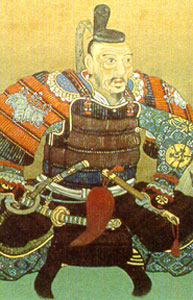
The Failure Of The 16th Century Japanese Invasions Of Korea
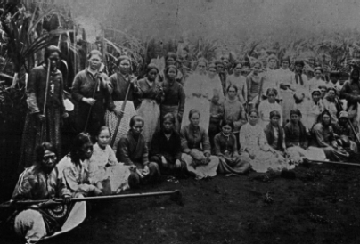
07 Japan Voyage Japanese Immigration To Hawai I 1868 1924

Hawaii S Rainbow Of Cultures And How They Got To The Islands Hawaii Magazine

After Pearl Harbor Hawaii Spent Three Years Under Martial Law History

Hawaii Life In A Plantation Society Japanese Immigration And Relocation In U S History Classroom Materials At The Library Of Congress Library Of Congress

Sugar Cane Production Nvl
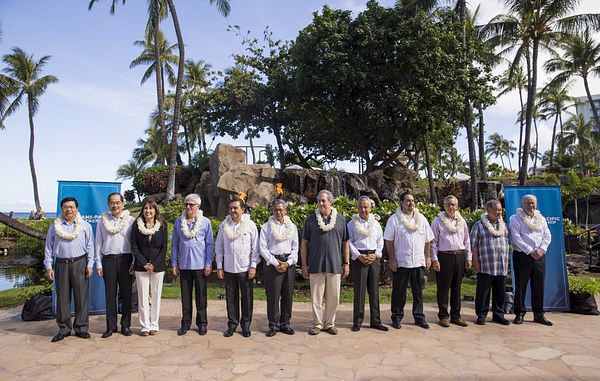
Trans Pacific Partnership Hawaii Talks End Without Deal The Diplomat

The Pōpolo Project Documenting The Black Experience In Hawaiʻi Hawaii Public Radio
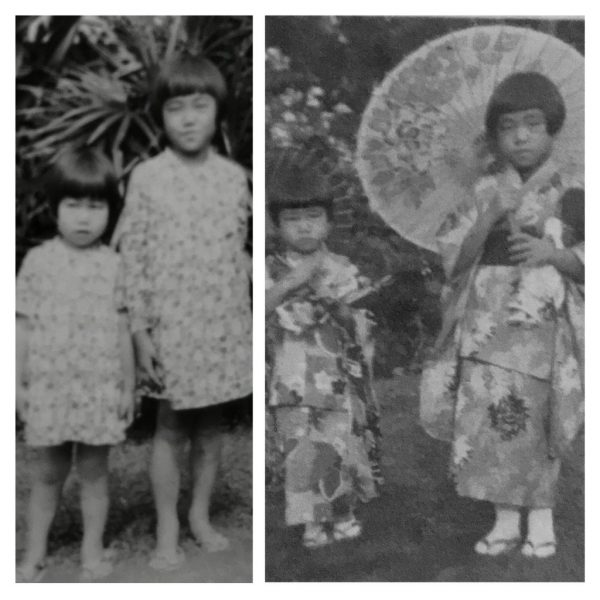
In Hawaii An Immigrant Family That Bridged Japanese And American Worlds What It Means To Be American
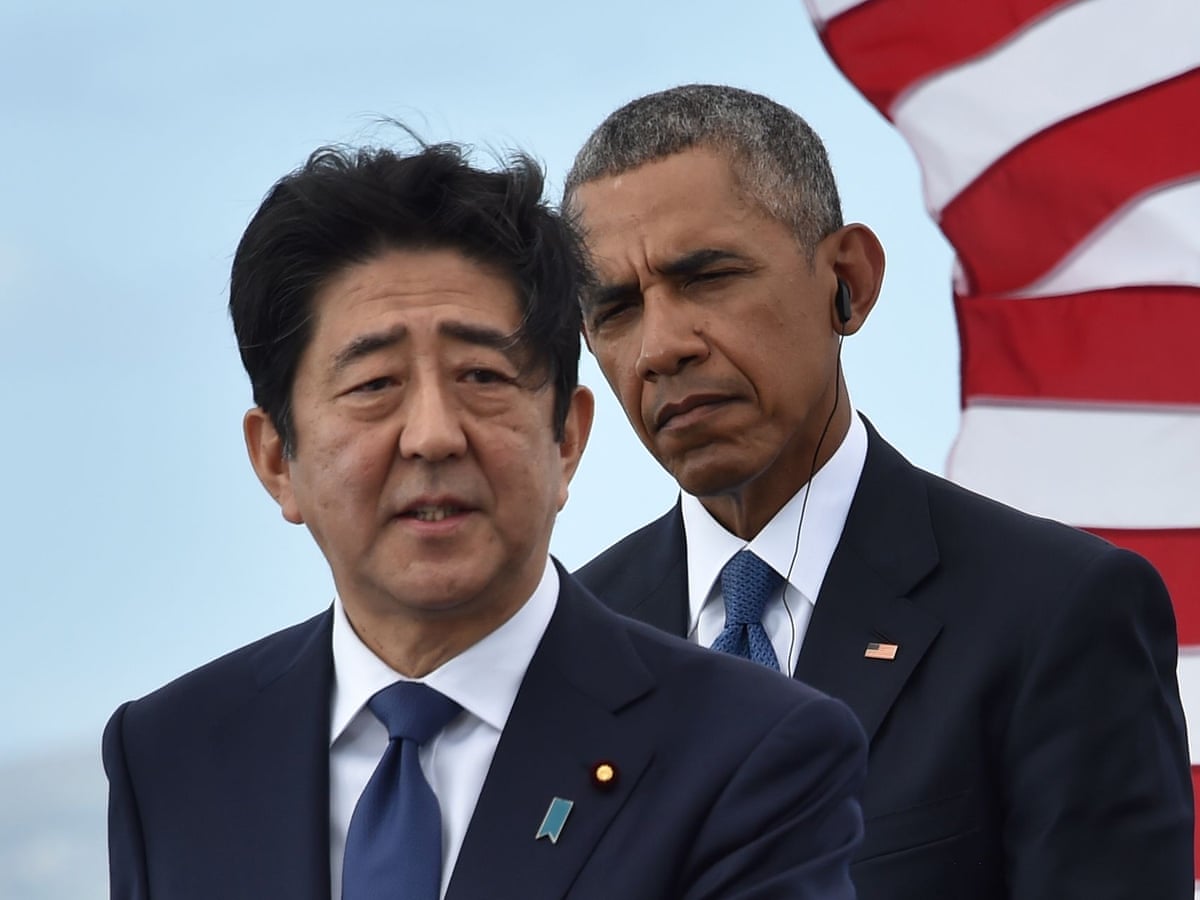
We Must Never Repeat The Horrors Of War Japanese Pm Makes Pledge At Pearl Harbor Us News The Guardian

Indentured Servants Hawaiian Sugar Cane Plantations
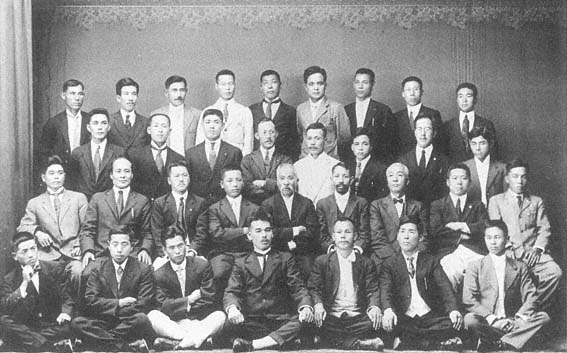
The Japanese Conspiracy

Black History In Hawaii Visible And Invisible Blackness Khon2

In Hawaii An Immigrant Family That Bridged Japanese And American Worlds The Voyage Home Zocalo Public Square

Filipinos In Hawaii Wikipedia
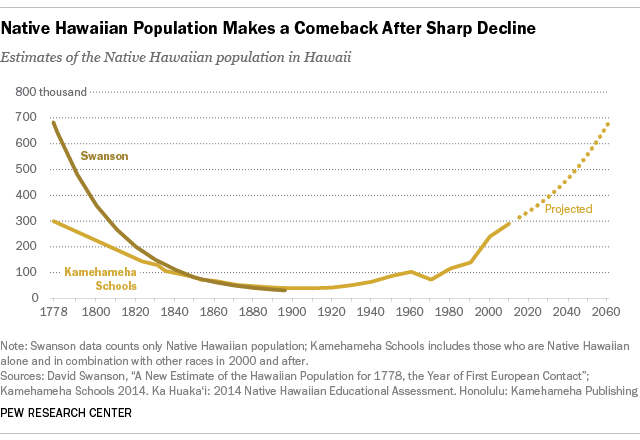
After 0 Years Native Hawaiians Make A Comeback Pew Research Center

Sugar Plantations In Hawaii Wikipedia

Britain And Us Also Kept Sex Slaves During World War Two Says Japanese Mayor Toru Hashimoto Daily Mail Online

The Dark Side Of Hawaii Taysbucketlist
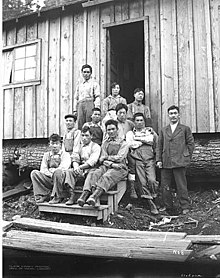
History Of Asian Americans Wikipedia

How The First Puerto Ricans Arrived On Hawai I Island Centro De Estudios Puertorriquenos

Indentured Servants Hawaiian Sugar Cane Plantations

Moors Of Japan The Original Japanese Rasta Livewire African History African American History History
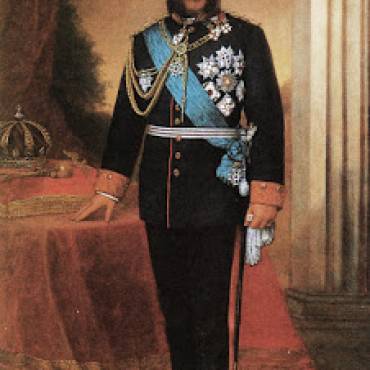
King Kalakaua S 15 Visit To Japan Offers Kingdom To Meiji Emperor Mike Malaghan
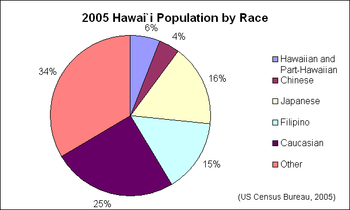
Sugar Plantations In Hawaii Wikipedia

Hawaii History

Hawaii S Not All Beaches Take A History Tour Press Enterprise
Sugarcane And Slavery Alcademics

Opinion Want To Be Less Racist Move To Hawaii The New York Times

The Beginnings Of The United States Army S Japanese Language Training From The Presidio Of San Francisco To Camp Savage Minnesota 1941 1942 The Text Message

Hawaii S Not All Beaches Take A History Tour Press Enterprise
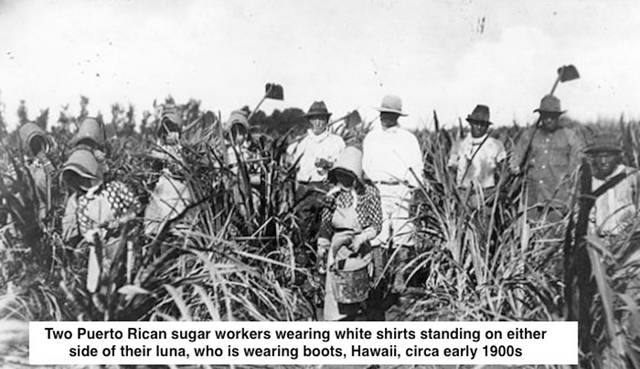
Puerto Rican Sugar Contract Laborers Arrive In Hawaii The Garden Island

Black History In Hawaii Visible And Invisible Blackness Khon2
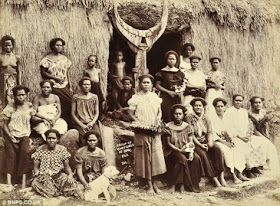
Us Slave The People Of Hawaii

Object Of Intrigue Banknotes For A Japanese Occupied Hawaii Atlas Obscura

Opinion Want To Be Less Racist Move To Hawaii The New York Times

Hawaii Life In A Plantation Society Japanese Immigration And Relocation In U S History Classroom Materials At The Library Of Congress Library Of Congress
2

Hawaii Plantation Museum Papaikou All You Need To Know Before You Go With Photos Tripadvisor

Dream Of A Heavenly Place Turns To A Nightmare Of Labor And Abuse Honolulu Star Advertiser
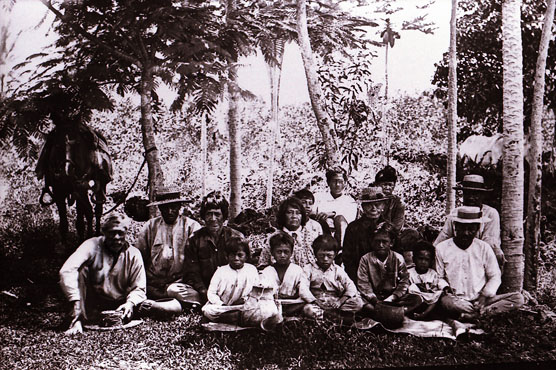
Native Hawaiians Hawai I Volcanoes National Park U S National Park Service

Overview Part I The Cambridge World History Of Slavery
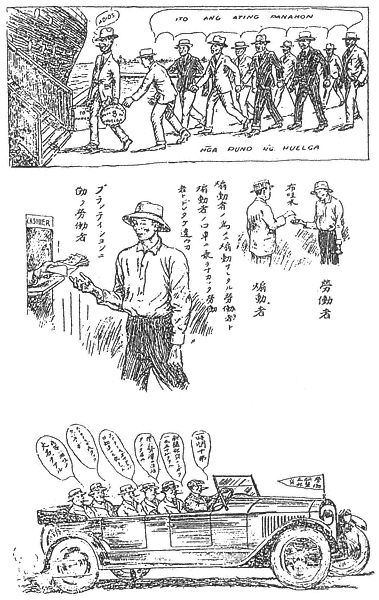
The Japanese Conspiracy

The Japanese Diaspora And Japan S Shameful Secret Japanese Citizens Shipped Out As Slaves The Olympians

Japanese Attending The World
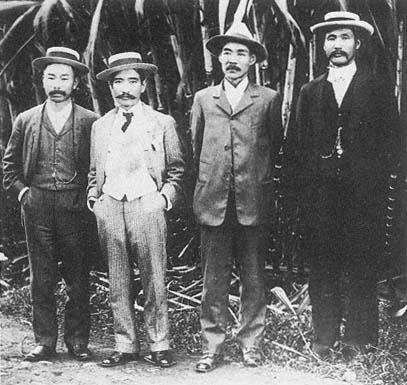
The Japanese Conspiracy
Evols Library Manoa Hawaii Edu Bitstream 191 2 Jl Pdf

Coronavirus Impacts On Hawaii S Tourism Industry Honolulu Hawaii News Sports Amp Weather Kitv Channel 4
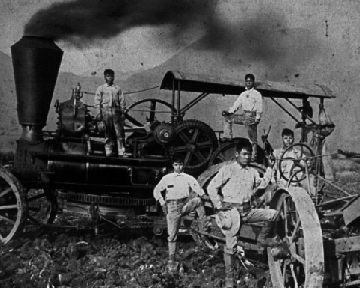
07 Japan Voyage Japanese Immigration To Hawai I 1868 1924

U S Academics Condemn Japanese Efforts To Revise History Of Comfort Women The Washington Post

Opinion Want To Be Less Racist Move To Hawaii The New York Times
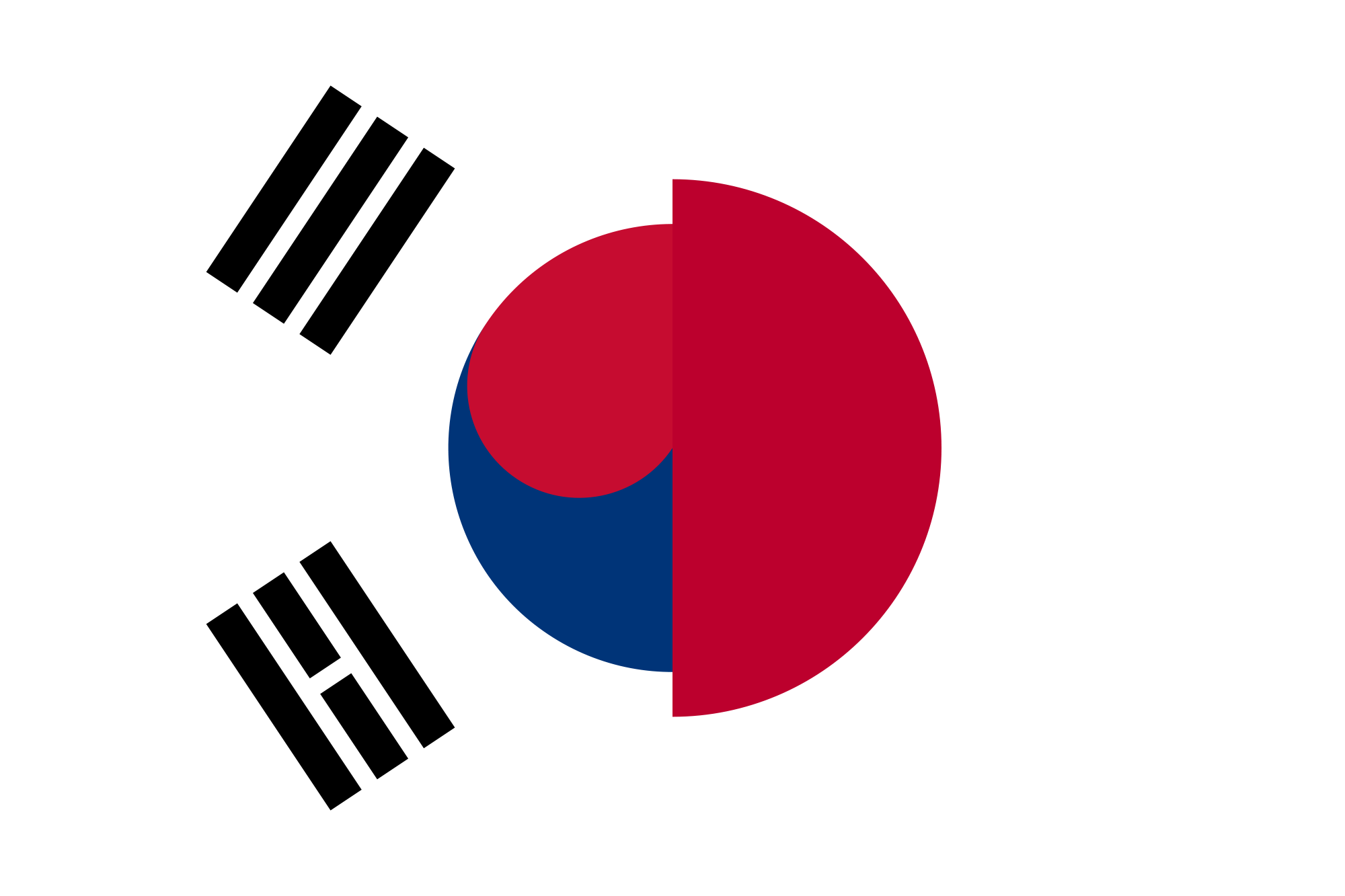
Pacific News Minute Wwii Atrocities Continue To Strain Relations Between S Korea And Japan Hawaii Public Radio

Now 97 Navy Veteran Recalls 1941 Attack On Pearl Harbor Chicago Tribune

Opinion Want To Be Less Racist Move To Hawaii The New York Times

How The First Puerto Ricans Arrived On Hawai I Island Centro De Estudios Puertorriquenos
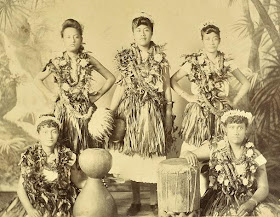
Us Slave The People Of Hawaii

What Is Reparations The Reckoning
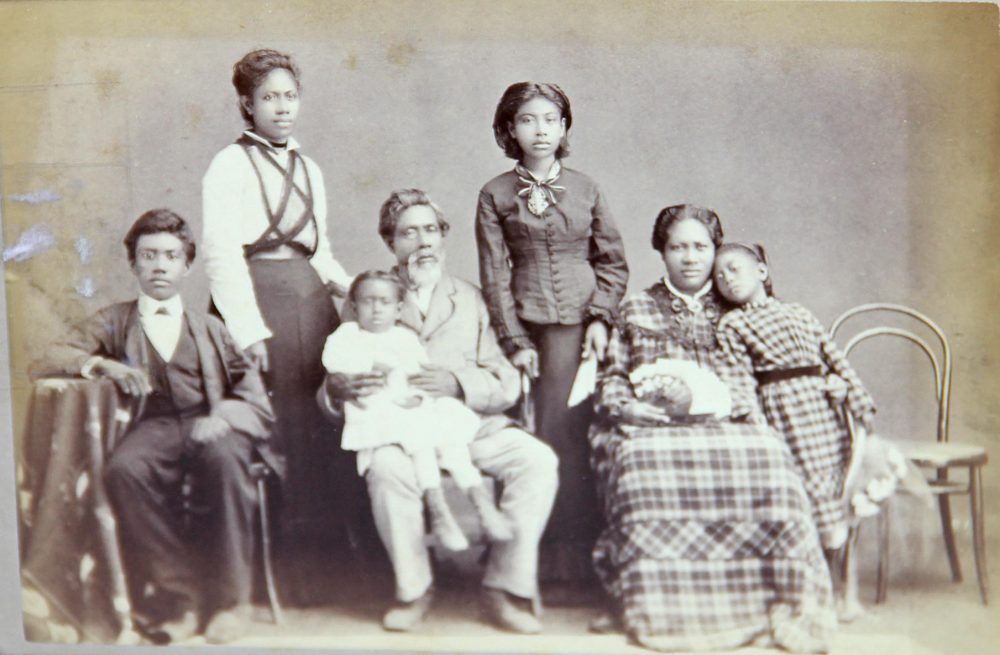
What Hawaii Taught This Midwesterner About Her Own Identity Essay Zocalo Public Square

After Pearl Harbor Hawaii Spent Three Years Under Martial Law History

Hawaii Plantation Museum Papaikou All You Need To Know Before You Go With Photos Tripadvisor

The Failure Of The 16th Century Japanese Invasions Of Korea

Sugar Cane Production Nvl

Once Lost Internment Camp In Hawaii Now A National Monument Code Switch Npr

Japan To 1600 A Social And Economic History Farris William Wayne Amazon Com Books

Alliance Of Hope Us And Japan Leaders Meet For Historic Pearl Harbor First World News The Guardian
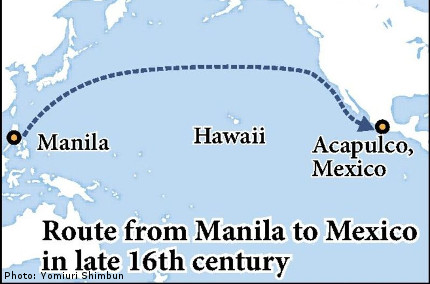
Japanese Slaves Taken To Mexico In 16th Century
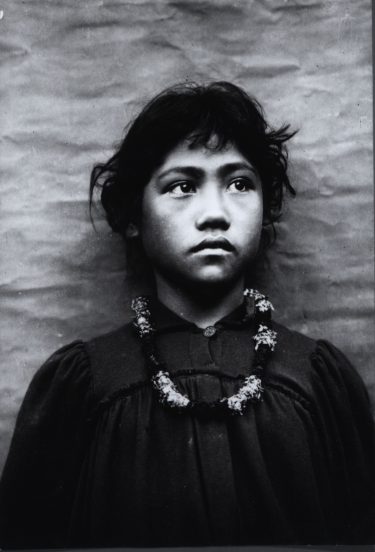
What Hawaii Taught This Midwesterner About Her Own Identity Essay Zocalo Public Square

Japanese Laborers Arrive Hawaii History Short Stories

After Pearl Harbor Hawaii Spent Three Years Under Martial Law History
/https://public-media.si-cdn.com/filer/21/36/2136ab94-3e45-4de1-8667-1ec4b4dcc032/ronald_reagan_signing_japanese_reparations_bill.jpg)
Five Times The United States Officially Apologized Smart News Smithsonian Magazine
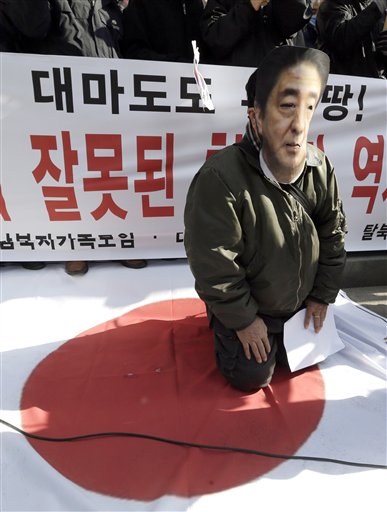
Japan Won T Modify Apology To Wwii Sex Slaves Honolulu Star Advertiser

Sugar Plantations In Hawaii Wikipedia
Http Iafor Org Archives Conference Programmes Iicehawaii Iicehawaii Programme Pdf
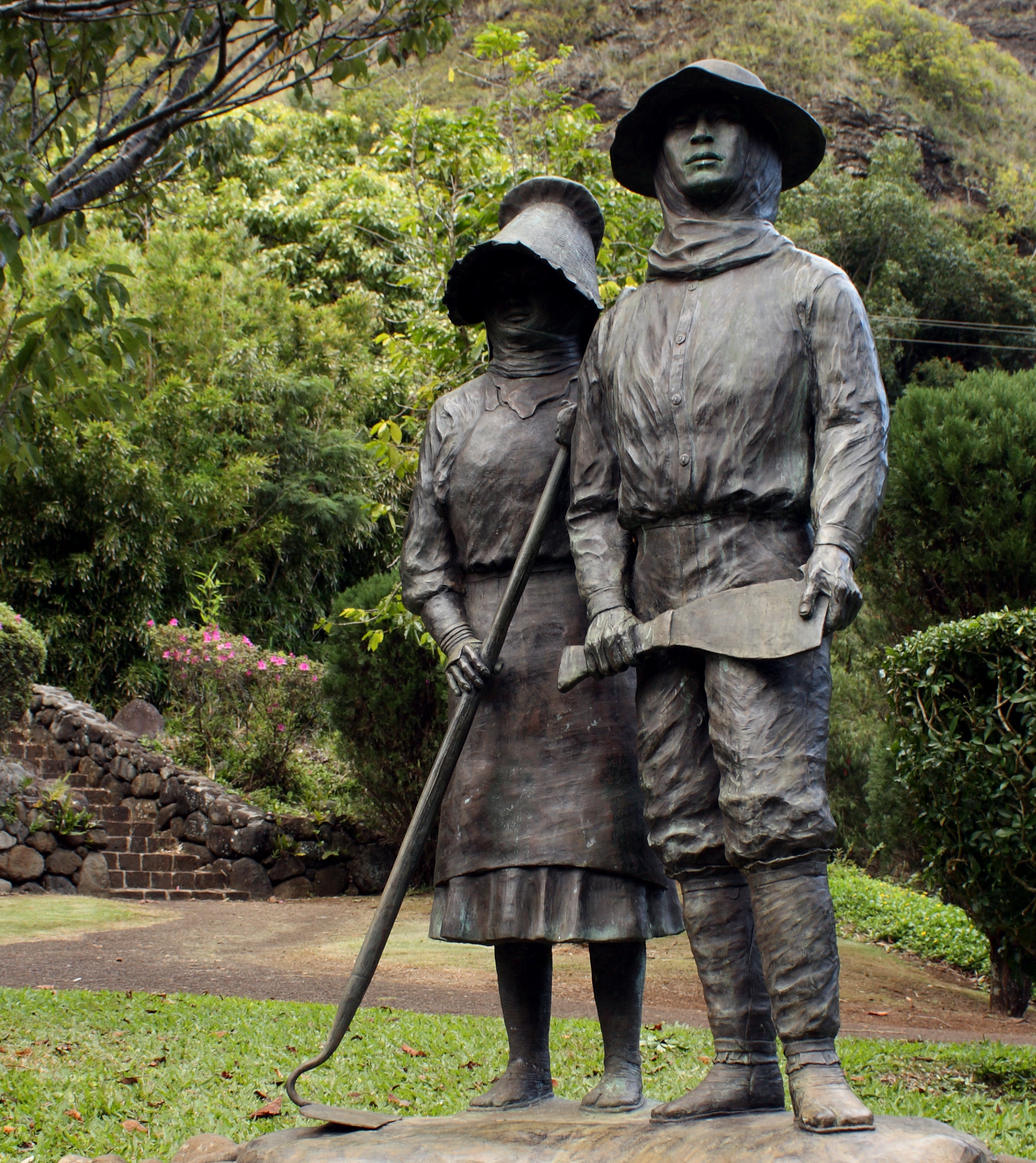
Japanese In Hawaii Wikipedia
The Pōpolo Project Documenting The Black Experience In Hawaiʻi Hawaii Public Radio

This Day In Labor History January 19 Lawyers Guns Money
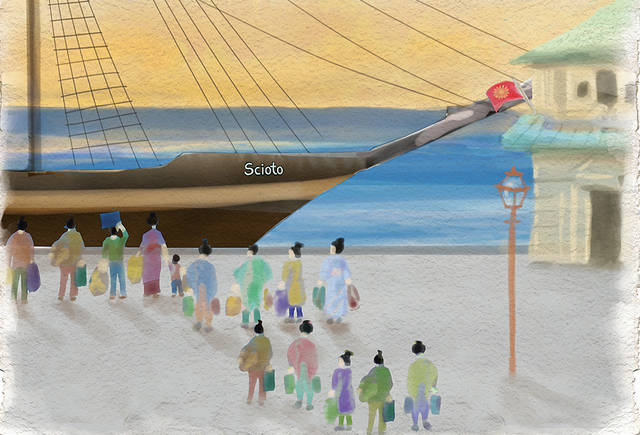
Dream Of A Heavenly Place Turns To A Nightmare Of Labor And Abuse Honolulu Star Advertiser
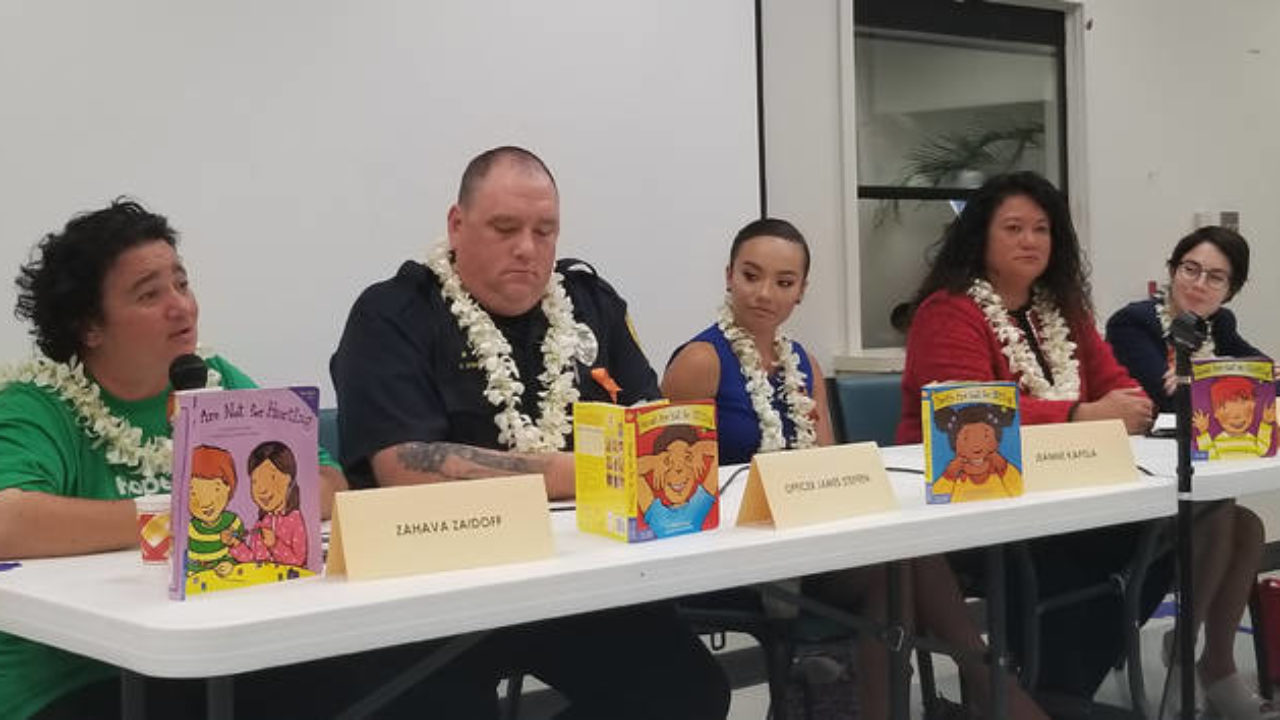
Modern Hawaii Was Built On Human Trafficking Hawaii Tribune Herald

Opinion Want To Be Less Racist Move To Hawaii The New York Times
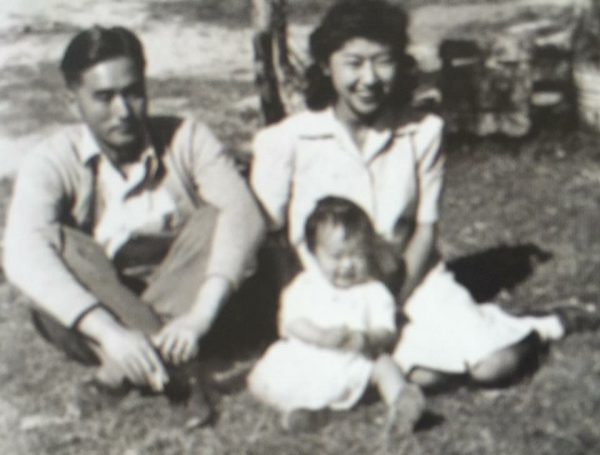
In Hawaii An Immigrant Family That Bridged Japanese And American Worlds What It Means To Be American
2

Hawaii Life In A Plantation Society Japanese Immigration And Relocation In U S History Classroom Materials At The Library Of Congress Library Of Congress

What Is American Food Padma Lakshmi S New Show Taste The Nation Offers Several Answers Houstonchronicle Com




